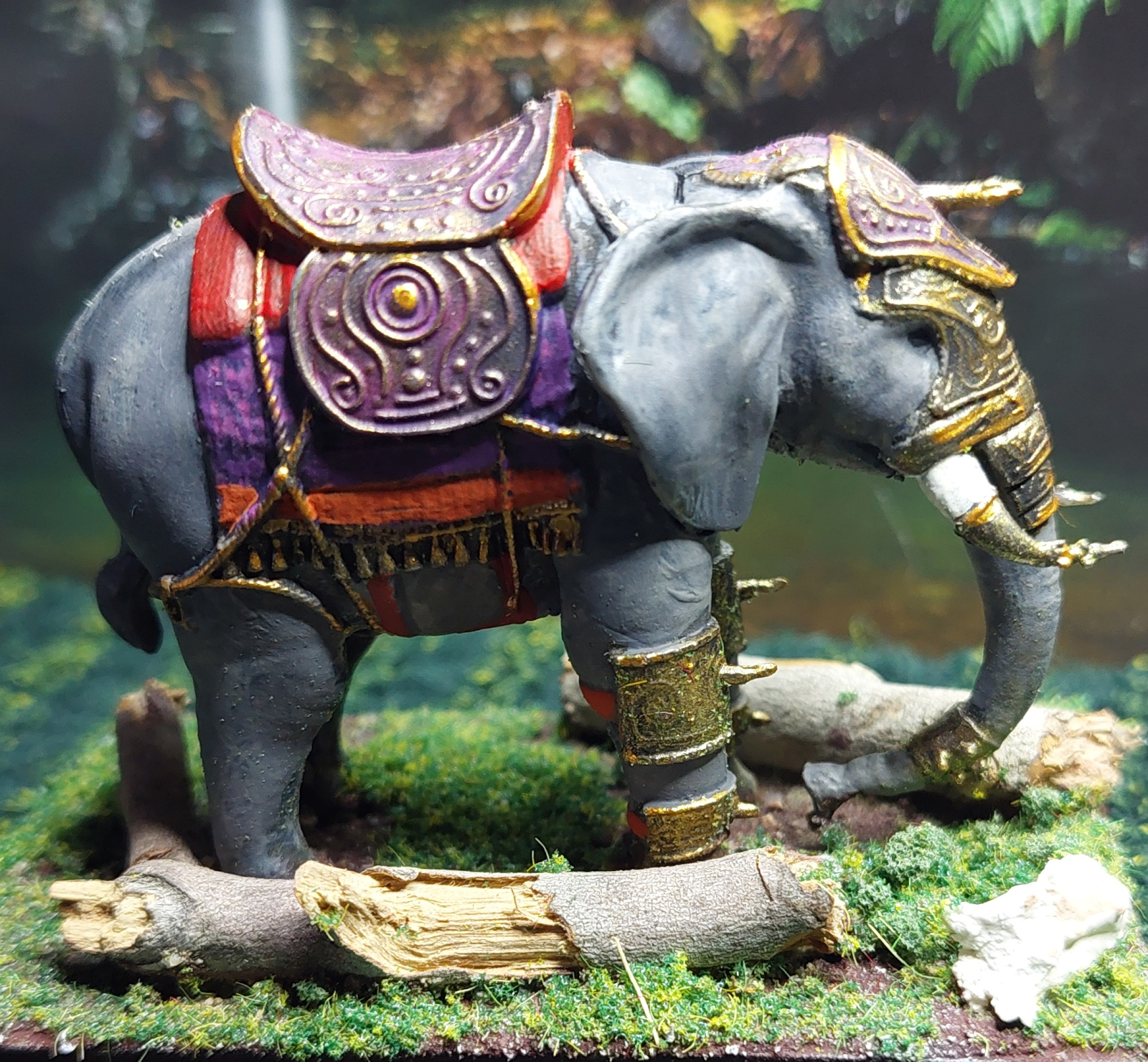From 218-209 BCE, Hannibal's brilliant tactics out maneuvered the Romans and brought the Republic nearly to its knees. His passage through the Alps and massive defeats of the famed Roman Legions at the battles of Trebia, Lake Trasimene and Cannae (where the Roman Army of over 85,000 was virtually annihilated) are still studied by historians and military experts today. Yet with all his victories the Romans continued to thwart Hannibal's goal of total victory. New armies were raised, improved tactics were installed (including the "Fabian Strategy" where attrition not pitched battles wore the forces of the enemy down), better generals were chosen, and the war was taken to the shores of Africa by the Romans.
In his last great battle, at Zama in 202 BCE, Hannibal was finally defeated by a Roman General, Publius Cornelius Scipio Africanus. Forced to abandon the Carthage he loved, Hannibal fled to the perceived safety of the Eastern Kingdoms, but the long arm of Rome followed him and circa 183 BCE, one of the greatest military leaders in history died by his own hands rather than be taken prisoner by his hated enemies the Romans. He had failed to save Carthage (which would be totally destroyed by Rome in 146 BCE), but through his greatness he earned immortality for himself and the memory of his once great nation.
As a North African general Hannibal used war-elephants in his army. One of his many feats was to not only cross the Alps into Italy with his army, but he was also able to bring some African war-elephants through the frozen passes. Unfortunately, most of the animals perished before any major battles with the Romans so their military contribution was nil.
This is a plastic model I painted in 2022.

No comments:
Post a Comment